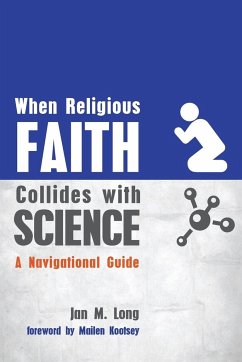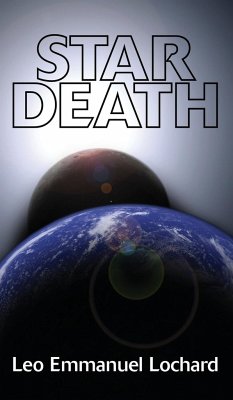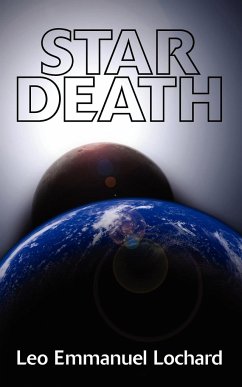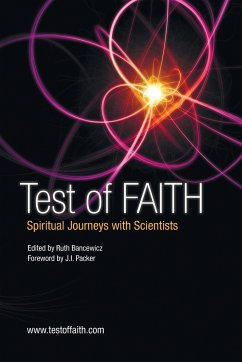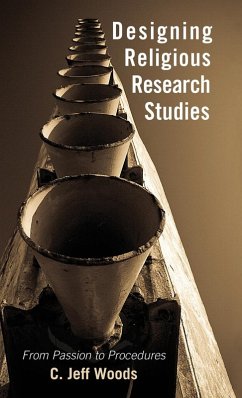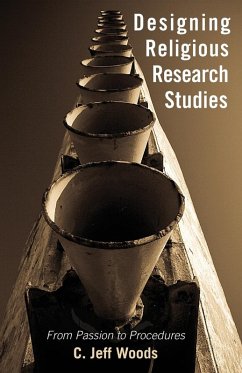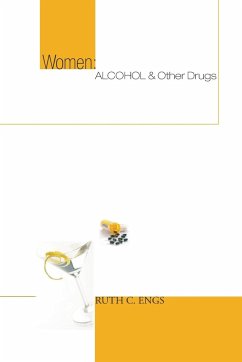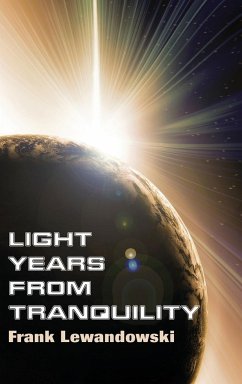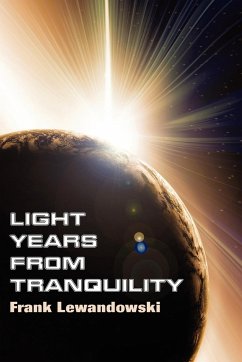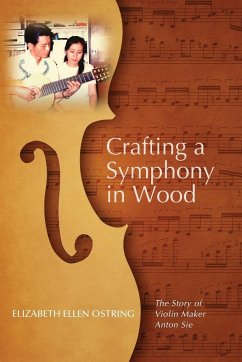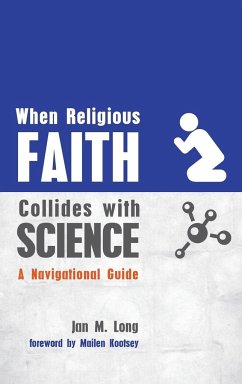
When Religious Faith Collides with Science
Versandkostenfrei!
Versandfertig in 1-2 Wochen
39,99 €
inkl. MwSt.
Weitere Ausgaben:

PAYBACK Punkte
20 °P sammeln!
A 2014 Gallup Poll indicated that 26 percent of Americans believe that humans came into existence less than 10,000 years ago, with a much larger 37 percent believing the world was created in six 24-hour days. Those percentages represent around 83 million and 118 million people respectively, suggesting these to be ideas that resonate with a large swath of the population. Given the prevalence of such thinking the question looms, ""Is it possible that so many people could be wrong, or is science simply mistaken about some of these matters?"" This book is very much about the importance process pla...
A 2014 Gallup Poll indicated that 26 percent of Americans believe that humans came into existence less than 10,000 years ago, with a much larger 37 percent believing the world was created in six 24-hour days. Those percentages represent around 83 million and 118 million people respectively, suggesting these to be ideas that resonate with a large swath of the population. Given the prevalence of such thinking the question looms, ""Is it possible that so many people could be wrong, or is science simply mistaken about some of these matters?"" This book is very much about the importance process plays in the conclusions that are reachable, with Jan Long proposing that process itself can answer such questions, doing so in a way that offers credibility. He proposes that process entails a set of well-established rules for how knowledge is acquired, and these can help guide the formation of a sacred construct about beginnings. In the final analysis it is a process that seeks to replace dogmatic thinking with humble and tentative expressions about that which is knowable about the many mysteries of reality that convey to sentient beings, awe and wonder.




